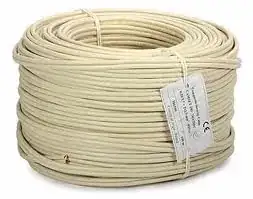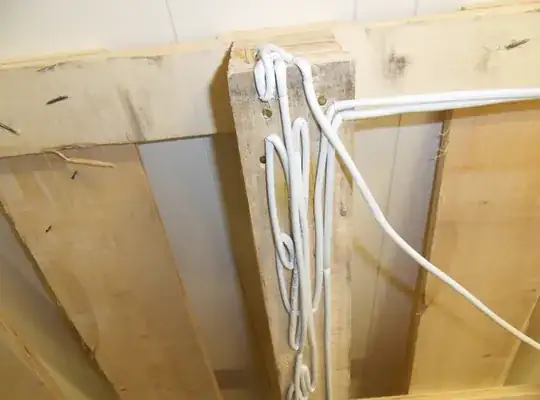Environment is the critical factor wherever noise/contamination/interference is suspect.
Are there halogen lights or unshielded motors/heating elements etc in the vicinity?
Are you using a DSL connection that is susceptible to external interference?
Packet loss and errors are most often caused by the environment, not just by faulty hardware. A coiled wire is basically a magnet for problems (pardon the pun).
Also, Is the UPS close by? not good, Is there an unshielded radio or speaker? Not good.
Older 2.4ghz cordless phones? Not good. Flickering street light? Not Good.
To find if your environment is a potential influence for your coiled wire or DSL setup.
Take an old AM Radio, tune it to the high end around (1600) and move around your area.
If you hear feedback, that is RF and a cause for concern.

